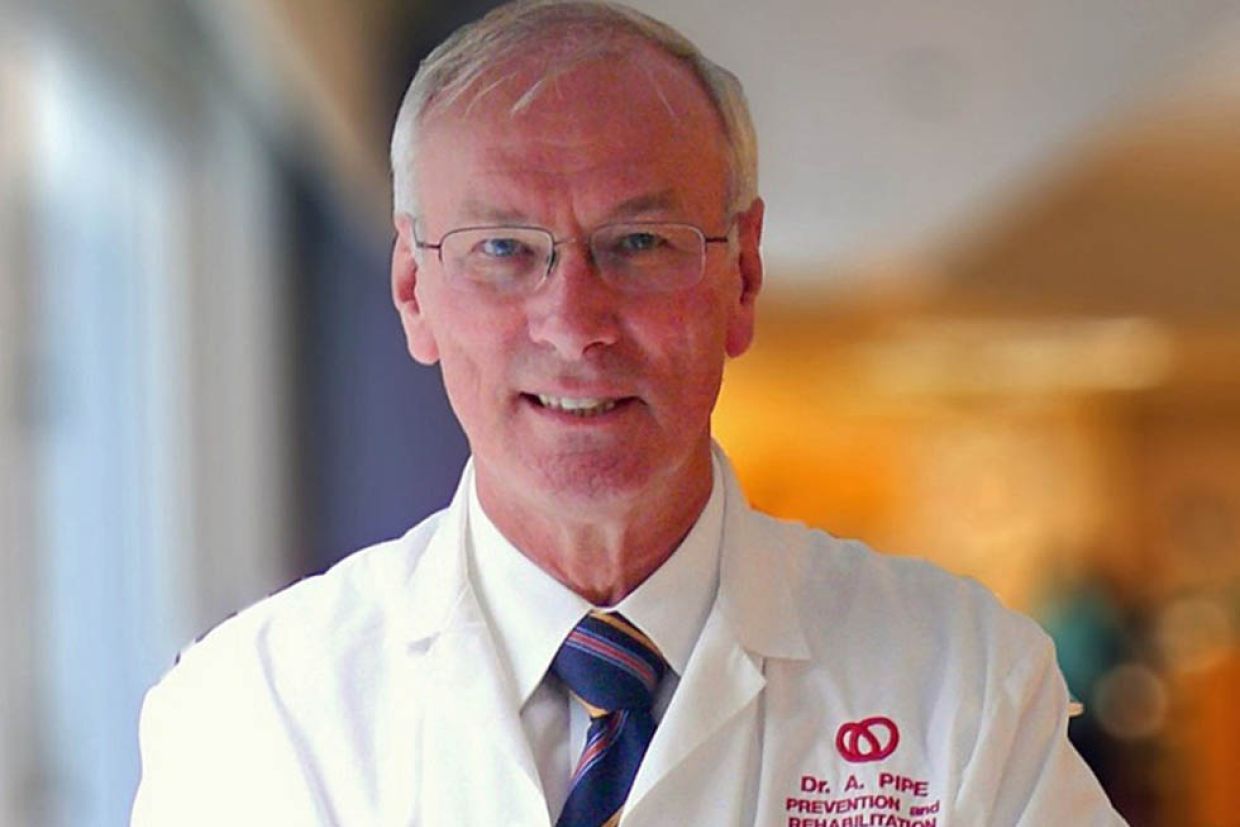When you are as busy and dedicated to helping others as Dr. Andrew Pipe, Arts’71, Meds’74, LLD’01, you don’t really retire.
For Dr. Pipe – a researcher, University of Ottawa professor, Order of Canada recipient, and member of the Canadian Olympic Hall of Fame (builder category) – slowing down is a more accurate term.
“I stopped my scheduled clinics a couple months ago, and the end of March is when I'm going to shift into a lower gear,” says Dr. Pipe. “I'll continue to be involved in things that I think make a difference and are appropriate and fulfilling.”
Looking back at his amazing career, which has spanned five decades, Dr. Pipe has made an impact in many areas.
He’s a passionate anti-smoker who has battled tobacco companies and developed smoking cessation programs that have been adapted around the world.
Smoking was ingrained in Canadian culture 50 years ago when Dr. Pipe began his medical career. He remembers a time when doctors would smoke while standing beside patients while they made their hospital rounds. When he was a team doctor with the national ski team, he was bothered when it was announced that a tobacco company wanted to sponsor the team – an event that helped spark his lifelong fight against cigarettes.
“They (the tobacco company) wanted to camouflage the nature of their products by being involved in all kinds of healthy organizations. So, as a consequence of that, I became very involved in getting tobacco sponsorship out of amateur sport. Then I got involved in a variety of other, ongoing activities that led to more and more smoke-free environments including smoke-free aircraft.”
In 1985, he united with several other doctors to launch Physicians for Smoke-Free Canada because he felt health organizations weren’t doing enough to fight the tobacco industry.
He also helped develop the Ottawa Model – a system that has medical professionals identify smokers as part of routine medical care and offers smokers advice and tools to quit. The model is now offered at more than 500 medical sites across Canada and 20,000 health-care professionals have been trained to deliver it.
“As I look back at the things that I've done in my career, probably the most significant in terms of contribution to public health has been my work in both smoking cessation and tobacco-control activities.”
Dr. Pipe – a former Gaels soccer player – has also made a tremendous impact in sports and medicine. He’s been involved with many Canadian national teams and served as a doctor and Canada’s chief medical officer at more than a dozen Olympic and Commonwealth Games.
He led the development of the examination for physician accreditation in sports medicine and is a pioneer in Canada’s sports anti-doping movement.
He saw the rise of performance-enhancing drugs in the world of sports early on and published articles warning if the issue wasn’t addressed soon, it would explode publicly. That’s what happened at the 1988 Summer Olympics when Canadian Ben Johnson, the gold medalist in the 100-metre sprint, tested positive for steroids.
In the aftermath, the Canadian government launched the Dubin Inquiry and Dr. Pipe made a submission as to what kind of structure was needed in Canada to fight drug use in sports. Dr. Pipe was then asked by the federal minister of sport to lead the development of the Canadian Centre for Drug-Free Sport (now known as the Canadian Centre for Ethics in Sport).
“I kind of made a commitment to myself (early in my career) that I was going to try to maintain an involvement in sport because I see sport as such a powerful and positive cultural force,” Dr. Pipe says.
Another commitment he’s maintained is his connection to Queen’s. He was a member of the Board of Trustees (and served as vice-chair for three years) and was chair of the Queen’s Centre Executive Committee. He regularly comes back to give talks and mentor students and is involved in organizing reunions for his Arts’71 and Meds’74 classes.
“Dr. Andrew Pipe is an esteemed alumnus who has made a global difference in public health and sports medicine while always remaining committed to Queen’s University,” says Queen’s Health Sciences Dean Jane Philpott. “His innovative approach to smoking cessation changed the way health professionals engage patients and helped curb smoking rates and transform public behaviour. His advocacy in areas ranging from tobacco control and physical activity to drug-free sports have helped create healthier communities at home and abroad.”
Dr. Pipe credits Queen’s for helping launch his career and 50 years later, he is still grateful to his alma mater.
“I can never repay the debt I owe Queens,” says Dr. Pipe, a former Arts & Science Undergraduate Society (ASUS) president and recipient of the Tricolour Award, the annual honour for the university’s top students. “Queen’s was transformational for me in so many ways. And I look back and I think of the career that I've had, the experiences that I've had, sometimes I have to pinch myself. They've been so fulfilling and none of them would've been possible without my Queen's experiences.”
Fellow Queen’s alumni Dr. Jennifer Reed, Artsci/PHE’05, a colleague at the University of Ottawa Heart Institute, praised Dr. Pipe for being an incredible mentor to many up-and-coming physicians and researchers, including herself.
“He's done more for my career than anyone has,” says Dr. Reed, noting they would chat for several hours every week early in her career. “I don't know anyone else that gives as much time as he does as a mentor. He’s impacted so many careers.”


